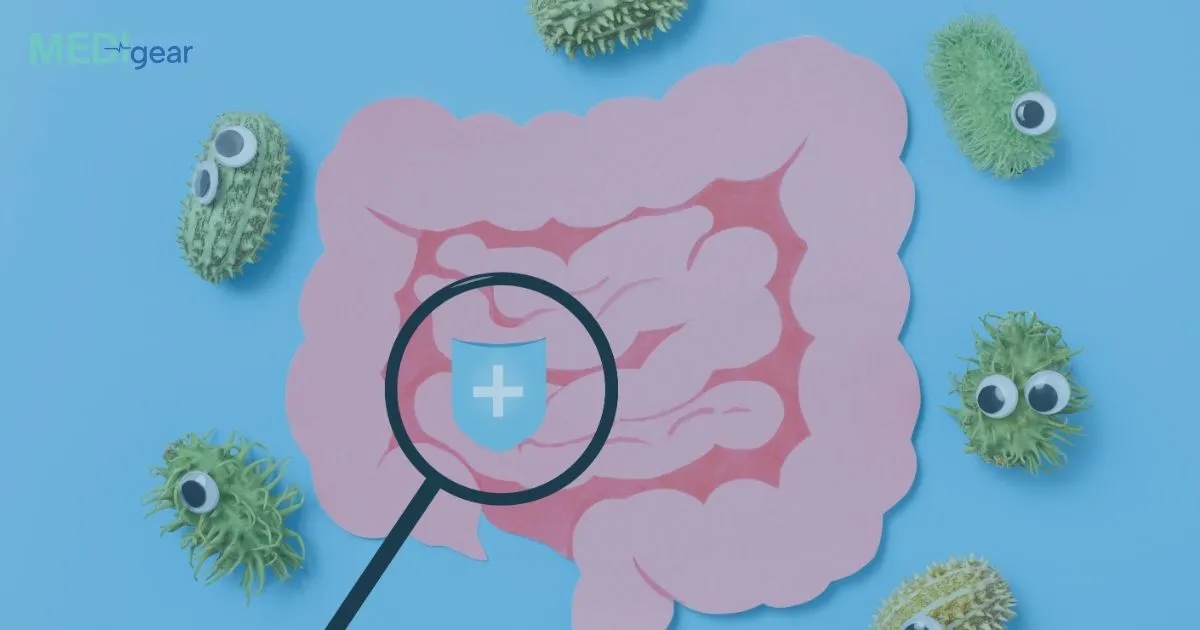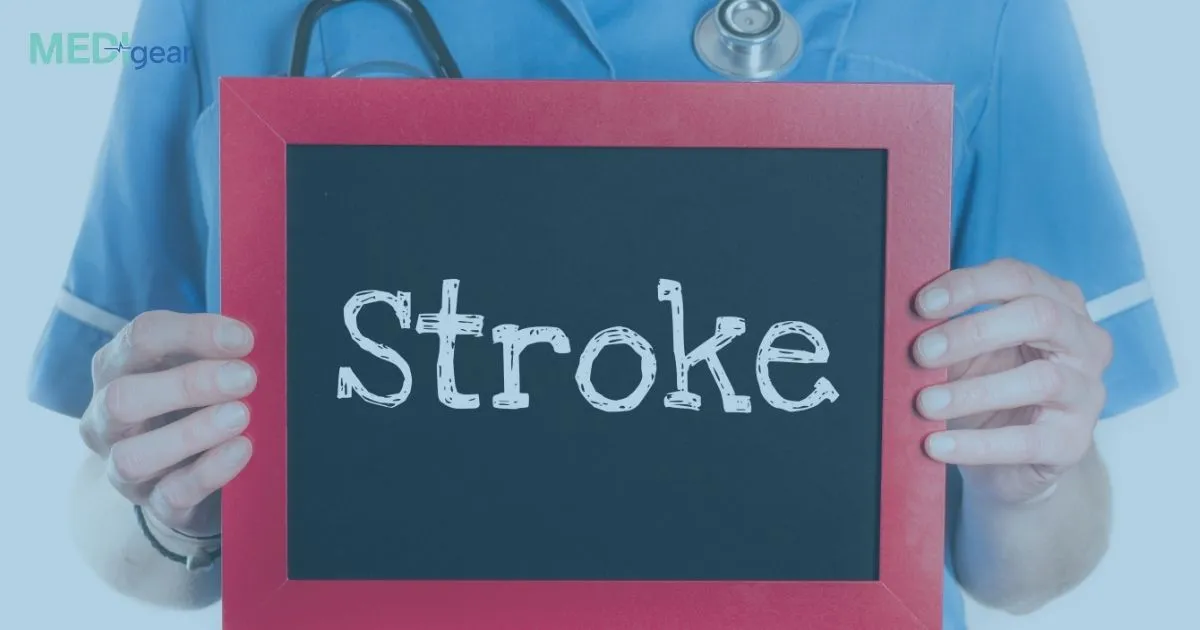Chronic kidney disease (CKD) is a progressive condition where the kidneys lose their ability to filter waste and excess fluids from the blood effectively. Affecting millions worldwide, CKD increases the risk of heart disease, stroke, and kidney failure. While it cannot always be cured, modern medical advancements have significantly improved the ways it can be managed and slowed down.
Understanding Chronic Kidney Disease
CKD often develops silently, with symptoms appearing only in later stages. High blood pressure, diabetes, recurrent kidney infections, and genetic factors are common causes. Modern treatment approaches aim to manage underlying conditions, prevent complications, and slow progression.
Lifestyle and Early Interventions
Early-stage CKD can often be managed with lifestyle changes alongside medical care:
- Blood pressure control: Reducing sodium intake, exercising, and prescribed medication help protect kidney function.
- Diabetes management: Keeping blood sugar levels stable reduces strain on the kidneys.
- Dietary adjustments: Limiting protein, potassium, phosphorus, and salt can reduce kidney workload.
- Smoking cessation and alcohol moderation: Both are critical for kidney and heart health.
Medications in CKD Treatment
Advances in pharmaceuticals have improved outcomes for CKD patients:
- ACE inhibitors and ARBs: These blood pressure medicines protect kidney function by reducing protein leakage into urine.
- SGLT2 inhibitors: Originally developed for diabetes, these drugs now show strong benefits in slowing CKD progression.
- Non-steroidal mineralocorticoid receptor antagonists (MRAs): Newer agents reduce inflammation and fibrosis in kidney tissue.
- Phosphate binders and vitamin D supplements: Help manage mineral balance and bone health in CKD patients.
Dialysis Innovations
For advanced CKD, dialysis remains a lifesaving therapy. Modern improvements include:
- Home hemodialysis and peritoneal dialysis: Offering more flexibility and improved quality of life.
- Portable dialysis machines: Giving patients greater mobility and independence.
- Biocompatible dialysis solutions: Reducing side effects and improving long-term outcomes.
Kidney Transplantation
For patients with end-stage kidney disease, transplantation remains the most effective treatment. Advances in surgical techniques, donor matching, and immunosuppressive medications have significantly increased survival rates and reduced complications. Living-donor kidney transplantation is also becoming more common, offering better outcomes than deceased-donor transplants.
Emerging Therapies and Research
Ongoing research is exploring groundbreaking therapies, including:
- Stem cell therapies: Investigating the potential to regenerate damaged kidney tissue.
- Artificial kidneys: Wearable or implantable devices under development aim to replace dialysis entirely.
- Precision medicine: Tailoring treatment to a patient’s genetic and biological profile for better results.
Conclusion
Modern treatments for CKD focus on slowing disease progression, managing complications, and improving quality of life. From advanced medications like SGLT2 inhibitors to portable dialysis and innovative transplant techniques, patients today have more options than ever. While research into stem cells and artificial kidneys continues, combining current medical treatments with healthy lifestyle changes remains the best way to manage CKD effectively.
Disclaimer
This blog is for educational purposes only and should not replace medical advice. Always consult a healthcare professional for diagnosis and treatment of chronic kidney disease.
Source
National Kidney Foundation – Treatment for Chronic Kidney Disease






